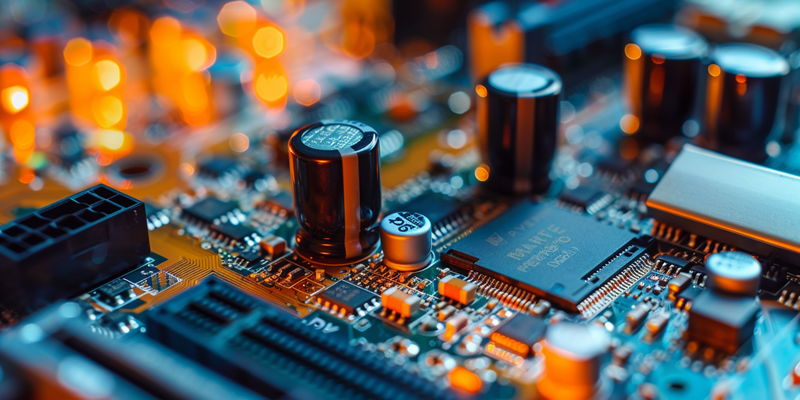In the ever-evolving landscape of computing, AMD stands out with a significant announcement that promises to shape the trajectory of desktop computing. As technology enthusiasts and professionals alike hunger for more robust and long-lasting solutions, AMD has unveiled its next-generation 800-series motherboard chipsets. This move introduces cutting-edge features and underscores a commitment to the longevity of the AM5 socket. The introduction of the X870E and X870 models marks an advancement designed to enhance the AM5 platform, ensuring support for future Ryzen CPUs beyond 2027—a remarkable pledge by any technological standard.
Advancing the High-End: X870E and X870 Chipsets
Pioneering Performance and Connectivity
The forerunners of AMD’s latest chipset series, the X870E and X870, arrive brimming with advanced features intended to satiate high-end enthusiasts. Boasting native USB 4.0 support, these chipsets provide unparalleled data transfer speeds and connectivity options—a crucial upgrade for both professional and personal use cases. Further empowering users, PCIe Gen5 for graphics and NVMe ensures that these motherboards take full advantage of next-level hardware, with the revered speed and efficiency that Gen5 technology offers. Compatibility with faster memory technologies is guaranteed through higher EXPO memory clock support, opening the door to breathtaking performance gains.
Tailored for Enhanced Capabilities
Distinct in their internal configurations, the X870E distinguishes itself with the incorporation of dual Promontory 21 dies, translating to an increased number of lanes for I/O expansion—a vital feature for those requiring expansive connectivity and storage options. The X870, equipped with a single Promontory 21 die, sustains essential support features, thus maintaining a robust foundation. The promise of new PBO and CO algorithms, fully supported by these motherboards and upcoming Ryzen 9000 CPUs, signals a seamless melding of hardware and software intended to extract maximum performance.
Broadening the Horizon: B-Series and A620 Chipsets
Mainstream and Budget Options
AMD’s strategic vision doesn’t merely concentrate on the high end of the spectrum. With the B850 and B840 chipsets, the company directly targets the mainstream market, offering varied feature sets to accommodate a broader audience. The B850 retains support for Gen5 GPUs, positioning itself as a mid-range contender that doesn’t compromise on key future-proofing aspects. Meanwhile, for the budget-conscious, the B840 slightly mutes the spotlight but still extends basic Gen4 GPU/SSD support and memory overclocking options—a clear indication that AMD stands committed to varying consumer needs without excluding the cost-sensitive sector of the market.
AMD’s Long-Term Commitment
In the dynamic realm of computer technology, AMD has made a noteworthy declaration that is set to redefine the future of desktop computing. The release of the 800-series motherboard chipsets not only presents state-of-the-art functionalities but also demonstrates AMD’s dedication to the AM5 socket’s durability. The deployment of the X870E and X870 chipsets signals a substantial upgrade for the AM5 infrastructure, assuring compatibility with future Ryzen CPUs into 2027 and beyond. This bold promise stands as one of the most impressive benchmarks in the industry, showcasing AMD’s unwavering commitment to advancement and reliability in the computing sphere.

